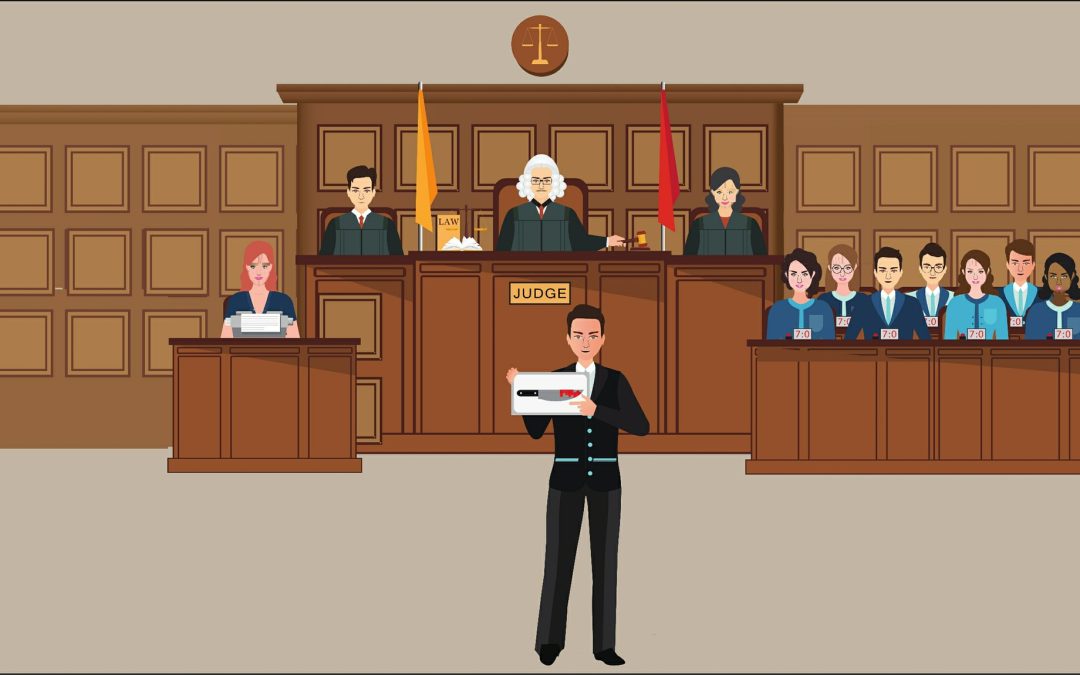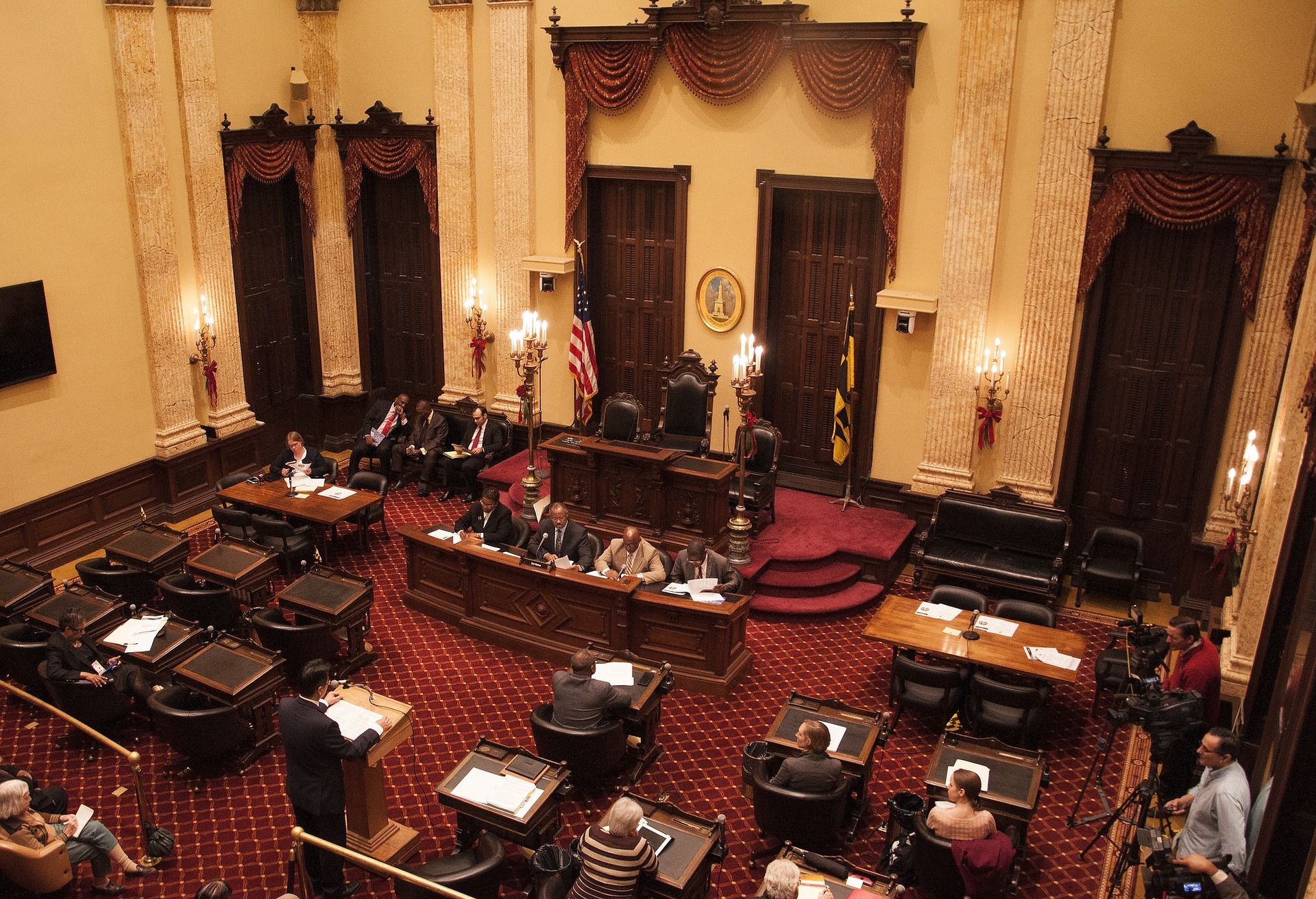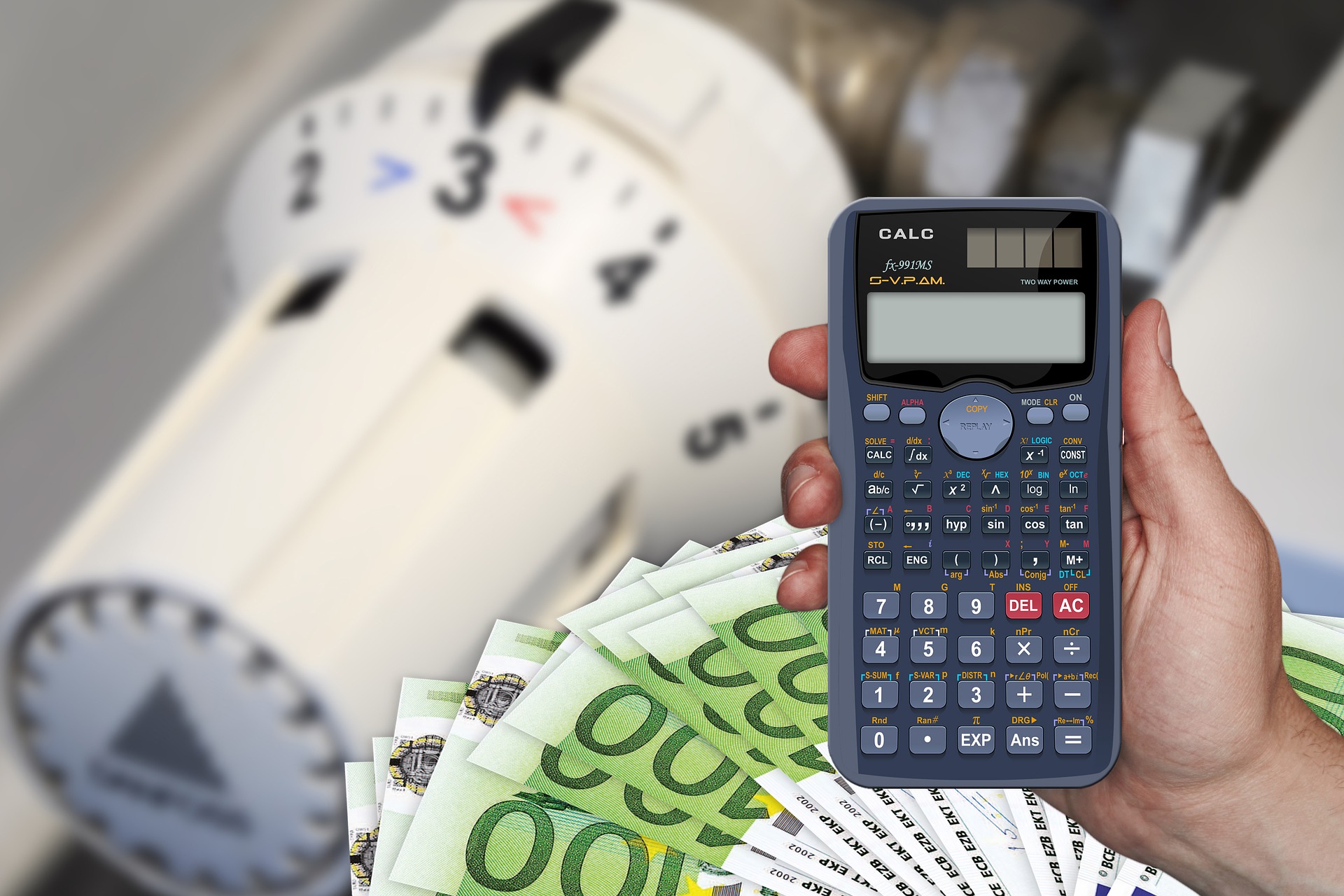Undoubtedly, Florida is one of the most exciting states to live in the United States. The year-round warm weather, ocean breeze, and dynamic economy made Florida an even more popular destination after the pandemic.
However, with a growing number of people moving into the Sunshine State, the number of civil litigations may also grow in the next few years. In civil litigation, two or more parties involved in a conflict seek compensation or other forms of relief in court.
Typically, such cases involve vehicle accidents, personal injury, and non-criminal wrongful actions. In this article, you will understand how a civil litigation process works in Florida.
Civil Litigation Process in Florida – Before Proceeding with Legal Action
In civil litigation, the plaintiff is the individual or entity that files a lawsuit.
When the plaintiff files a lawsuit, the attorney responsible for the legal action will bring a complaint and a summons to court. On the other hand, the defendant is the individual or entity being sued by the plaintiff.
If an attorney is representing the plaintiff in a civil lawsuit, he/she will investigate to determine the existence of sufficient evidence to file a lawsuit in court. However, if the attorney is representing the defendant, he/she will evaluate the evidence to defend against the other party’s claims.
Civil Litigation Process in Florida – Explaining the Process
In essence, it is possible to divide the civil litigation process into four different phases – pleadings, discovery, trial, and appeal. Although either party can stop the process by voluntary settlement, it is crucial to seek guidance from an expert attorney before proceeding with legal action in court.
Pleadings
This is the initial phase of any civil lawsuit in Florida. Essentially, both parties will work with their attorneys to explain their side of the situation. This way, the plaintiff will file a complaint against the defendant, which will file an answer.
At this phase, the attorneys of both parties involved can file various pleadings and motions on behalf of their clients. On the plaintiff’s side, the attorney will draft and file a summons in court. In response, the defendant’s attorney will draft answers and counterclaims.
Discovery
Usually, the discovery process is the longest and most demanding part of any civil litigation case. During this phase, the plaintiff and the defendant will exchange relevant information, while their attorneys will collect further evidence to strengthen their viewpoint.
There are different instruments and methods used to gather information during the discovery, such as:
- Interrogatories
- Written questions
- Requests for admission
- Request for documents
Trial
Before proceeding to the trial, both parties’ attorneys will wrap up the evidence gathered during the discovery process and prepare the case for the court. The main factor is to develop a strategy based solely on facts, usually provided by key witnesses and solid documentation.
In the pre-trial phase, a civil litigation attorney may employ several strategies, such as:
- Conducting a pre-trial deposition with relevant individuals
- Preparing for the actual court trial via trial exhibits
- Filing pre-trial motions
At this point, if neither party is willing to settle the case, the dispute will move to trial.
In the trial, the court will issue a verdict. In many cases, the parties may settle on some aspects of the lawsuit while leaving others for the judge/jury to decide. Additionally, if one of the parties involved has evidence that the trial court’s decision was wrong, it is possible to file an appeal.
During this phase, the civil litigation attorney will help by drafting post-trial motions, tailoring appellate strategies, and presenting argumentation before the responsible court(s).
We Can Help You Win a Civil Litigation Process in Florida – Work with Jurado and Farshchian, P.L.
Whether you are filing or defending against a civil lawsuit, waste no time with uncertainty – contact Attorney Romy B. Jurado by calling (305) 921-0976 or emailing [email protected] to schedule an initial consultation.





